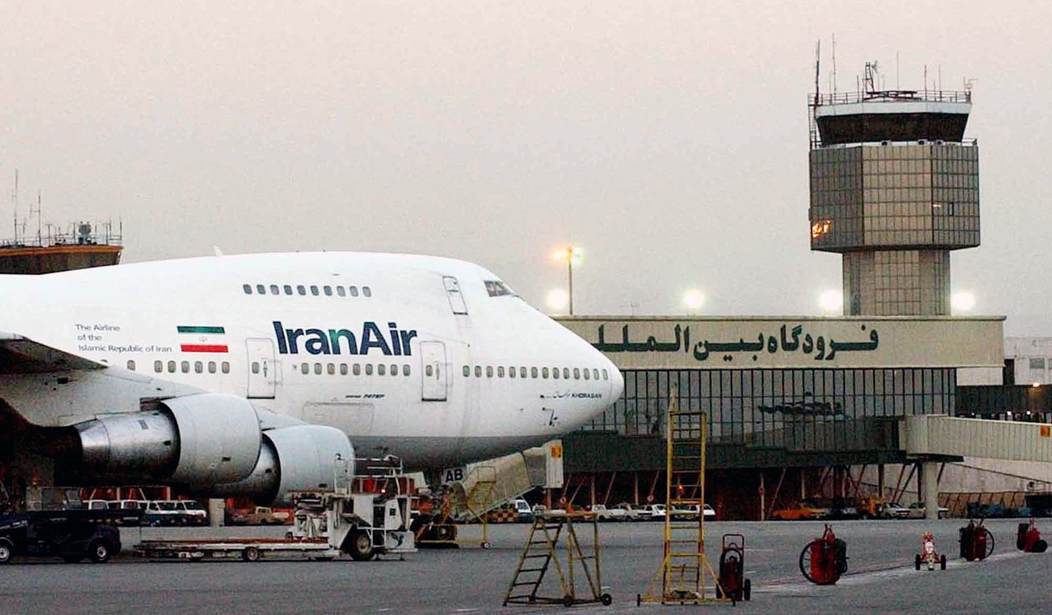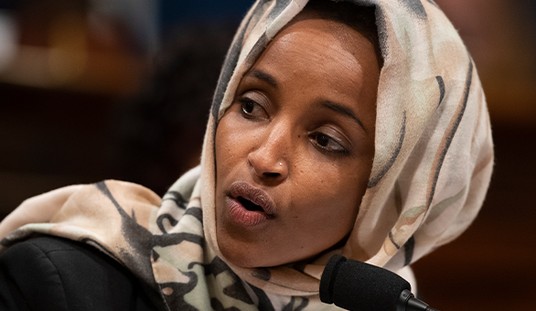WASHINGTON — As President Trump made the rounds with Boeing CEO Dennis Muilenburg at the aerospace giant’s plant in Charleston on Friday, Republican senators were introducing legislation to require the president to report to Congress on Iran’s potential use of new Boeing aircraft to further terror.
After sanctions were eased following implementation of the Iran nuclear deal, Boeing struck an 80-plane deal with state-owned carrier IranAir worth at least $8 billion. President Obama’s State Department lauded the agreement in June as “the type of permissible business activity envisioned in the JCPOA.”
The news drew immediate reaction from Reps. Pete Roskam (R-Ill.) and Jeb Hensarling (R-Texas), who wrote Muilenburg to explain “Iran’s commercial aviation sector is deeply involved in supporting hostile actors.”
“The Islamic Revolutionary Guard Corps (IRGC) systematically uses commercial aircraft to transport troops, weapons, military-related parts, rockets, and missiles to hostile actors around the world, including, but not limited to, Hezbollah, Hamas, Islamic Jihad, the Houthi Rebels in Yemen, and the Bashar Al-Assad Regime in Syria.”
“These terrorist groups and rogue regimes have American blood on their hands. Your potential customers do as well.”
IranAir, the congressmen noted, was “quietly deleted” from the Treasury Department’s sanctions list “in what was widely viewed as a diplomatic concession to Iran.”
Roskam later met with Boeing officials; he said they told him they moved to make the Iran deal because France’s Airbus was dealing with Tehran. “When does history exonerate somebody that said, you know what, the other guy was doing it, so we decided to do it?” he told Fox.
Trump and Muilenburg have been friendly since the dust-up over an early December tweet from the president-elect: “Boeing is building a brand new 747 Air Force One for future presidents, but costs are out of control, more than $4 billion. Cancel order!” Before Inauguration Day, the two met at Trump Tower and “discussed Air Force One, we discussed fighter aircraft,” Muilenburg told reporters. “We made some great progress on simplifying requirements for Air Force One, streamlining the process, streamlining certification.”
In those days just before taking office, Bloomberg reported this week, Muilenburg was listening in when Trump called the general in charge of the Lockheed Martin Corp. F-35 program, of which Trump has been critical.
At the Boeing speech, during which Trump declared “we are looking seriously at a big order” in his talks with Muilenburg, the president wrapped up with “God bless Boeing.”
Boeing has emphasized the job-creation aspect of the Iran Air deal, saying it would “support tens of thousands of U.S. jobs directly associated with production and delivery of the 777-300ERs and nearly 100,000 U.S. jobs in the U.S. aerospace value stream for the full course of deliveries.” The company has said it would comply if the new administration reinstated sanctions.
Iran’s Minister of Roads and Urban Development Abbas Ahmad Akhundi told reporters earlier this month that the country is expecting the first of its planes by 2018 and Trump won’t derail the deal.
Lawmakers, meanwhile, remain committed to find ways to stymie the deal.
Sens. Marco Rubio (R-Fla.), John Cornyn (R-Texas), Ben Sasse (R-Neb.), and David Perdue (R-Ga.) introduced Friday the Iran Terror-Free Skies Act as a companion bill to legislation introduced last month in the House by Reps. Roskam, Brad Sherman (D-Calif.), and Lee Zeldin (R-N.Y.), requiring a report from the administration to Congress every 180 days “on use by the Government of Iran of commercial aircraft and related services for illicit military or other activities.” The first report would cover the prior five years.
The report would have to analyze whether Iran “has used commercial aircraft, including aircraft of Iran Air, or related services to transport illicit cargo to or from Iran, including military goods, weapons, military personnel, military-related electronic parts and mechanical equipment, or rocket or missile components” and whether “the commercial aviation sector of Iran, including Iran Air, has provided financial, material, or technological support to the Islamic Revolutionary Guard Corps, Iran’s Ministry of Defense and Armed Forces Logistics, the regime of Bashar al-Assad in Syria, Hezbollah, Hamas, Kata’ib Hezbollah, any other organization designated as a foreign terrorist organization.”
If the administration determines that “Iran Air or any other Iranian commercial air carrier has used commercial aircraft for illicit military purposes on or after January 16, 2016, the President shall, not later than 90 days after making that determination, include the air carrier” in sanctions.
“As the world’s foremost state sponsor of terrorism, Iran continues to systematically use its commercial airlines to supply the murderous Assad regime in Syria as well as to Hezbollah and other foreign terrorist organizations,” said Rubio. “If America turns a blind eye to the Iranian terror regime’s efforts to destabilize the Middle East and endanger the lives of innocents worldwide, we risk being complicit.”
Sasse called the bill a “no-brainer.”
“Of course we should be preventing Tehran from militarizing civilian aircraft to support terrorists, of course we should be stopping Iran from getting around sanctions, and of course the American people should demand that Washington get a clear-eyed understanding of how Iran is undermining stability in the Middle East and what must be done to stop them,” he said.
Cornyn said “the guise of Iran Air – and the supportive role it plays spreading terror – isn’t fooling anyone, and it’s time to act.”









Join the conversation as a VIP Member